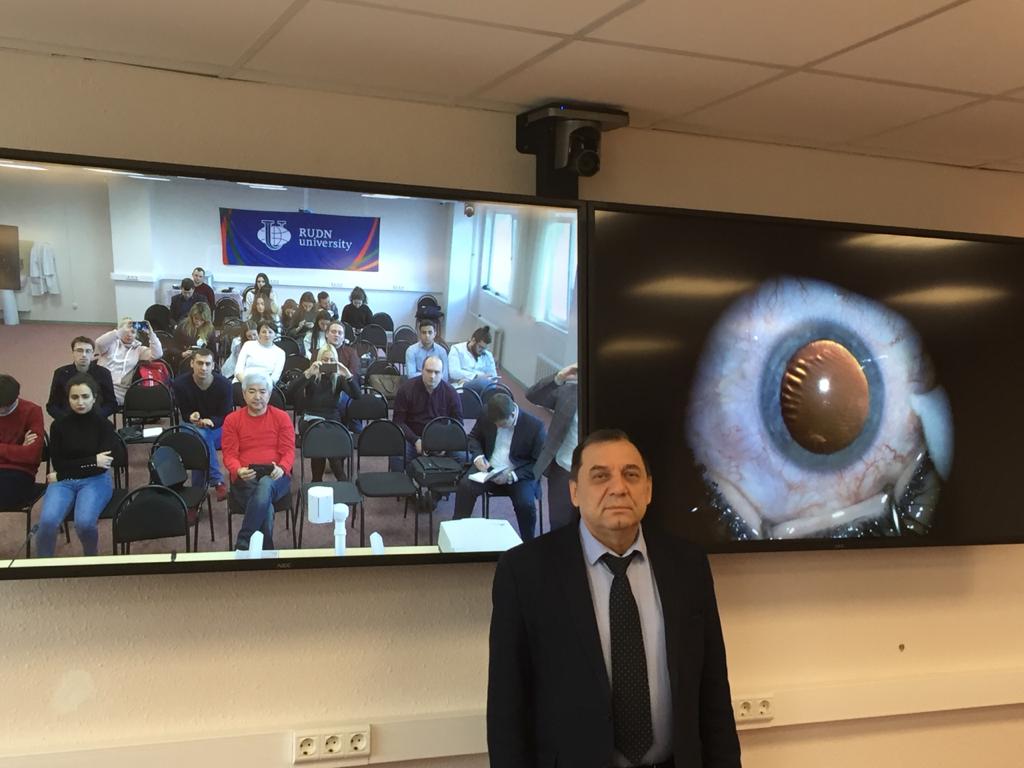Telemedicine: effective diagnosis or high risk of medical error?

About the possibilities of telemedicine
The consultant talks not only to the patient, but also to his attending physician. This is a professional conversation, during which the doctor clearly explains all the symptoms of the patient and correctly interprets the recommendations for treatment.
Telemedicine is not the case when the patient independently communicates with the doctor via video broadcast or via messenger. One of the directions of telemedicine is a remote consultation of doctors among themselves with the participation of the patient. Legal and ethical nuances determine the stage at which you can invite a patient to a consultation.
Doctor-doctor consultation is one of the most important sections of telemedicine when working with serious patients in the presence of the patient and his attending physician.
Telemedicine is designed for all patients who receive high-tech medical care. For example, for those patients who come to Moscow, St. Petersburg, Novosibirsk for surgery, a remote consultation is held before the trip, which allows you to determine whether a person is operable, what studies need to be carried out before the operation.
Doctor-patient consultation is an important section, for example, in situations of transferring serious patients from doctors from the capital to doctors in the region. Thanks to telemedicine, doctors have a chance to transfer a serious patient from hand to hand in a special way and convey the necessary information not only by paper discharge from the hospital.
Also, as an example, Valery Stolyar cites the situation of a patient after a stroke. The doctor can not visit the patient every day and monitor the dynamics of his treatment — how to restore swallowing movements, speech, motor skills. In such a situation, a doctor-patient consultation allows the doctor to advise relatives or staff who care for the patient.
“Telemedicine is in demand because any of us can now get the help of the best doctors. However, there are a number of restrictions that are based on the main medical rule — do no harm. Remote consultation between doctors and patients is a huge burden on the doctor. The patient often does not know how to clearly talk about the symptoms of the disease, can brag or panic, be aggressive, he is always subjective, ” Valery Stolyar.
Matilda Pavlovna Mityaeva was born in 1925. In November 1942, she volunteered for frontline duty. She participated in the Great Patriotic War from November 1942 to June 1945 as part of the 53rd Infantry Division of the 475th Infantry Regiment. She was wounded twice.
The team led by Sergey Zyryanov, Head of the Department of General and Clinical Pharmacology, became the winner of the All-Russian competition of scientific projects "Technologies for Human Health".
RUDN University constantly adapts to the changes of the modern world and responds to challenges flexibly. This allows us to keep the standard of a world-class research university. The sphere of science is no exception. Peter Dokukin, Head of the Research Division, presented the updated R&D Programme at the meeting of the RUDN University Academic Council.
Matilda Pavlovna Mityaeva was born in 1925. In November 1942, she volunteered for frontline duty. She participated in the Great Patriotic War from November 1942 to June 1945 as part of the 53rd Infantry Division of the 475th Infantry Regiment. She was wounded twice.
The team led by Sergey Zyryanov, Head of the Department of General and Clinical Pharmacology, became the winner of the All-Russian competition of scientific projects "Technologies for Human Health".
RUDN University constantly adapts to the changes of the modern world and responds to challenges flexibly. This allows us to keep the standard of a world-class research university. The sphere of science is no exception. Peter Dokukin, Head of the Research Division, presented the updated R&D Programme at the meeting of the RUDN University Academic Council.